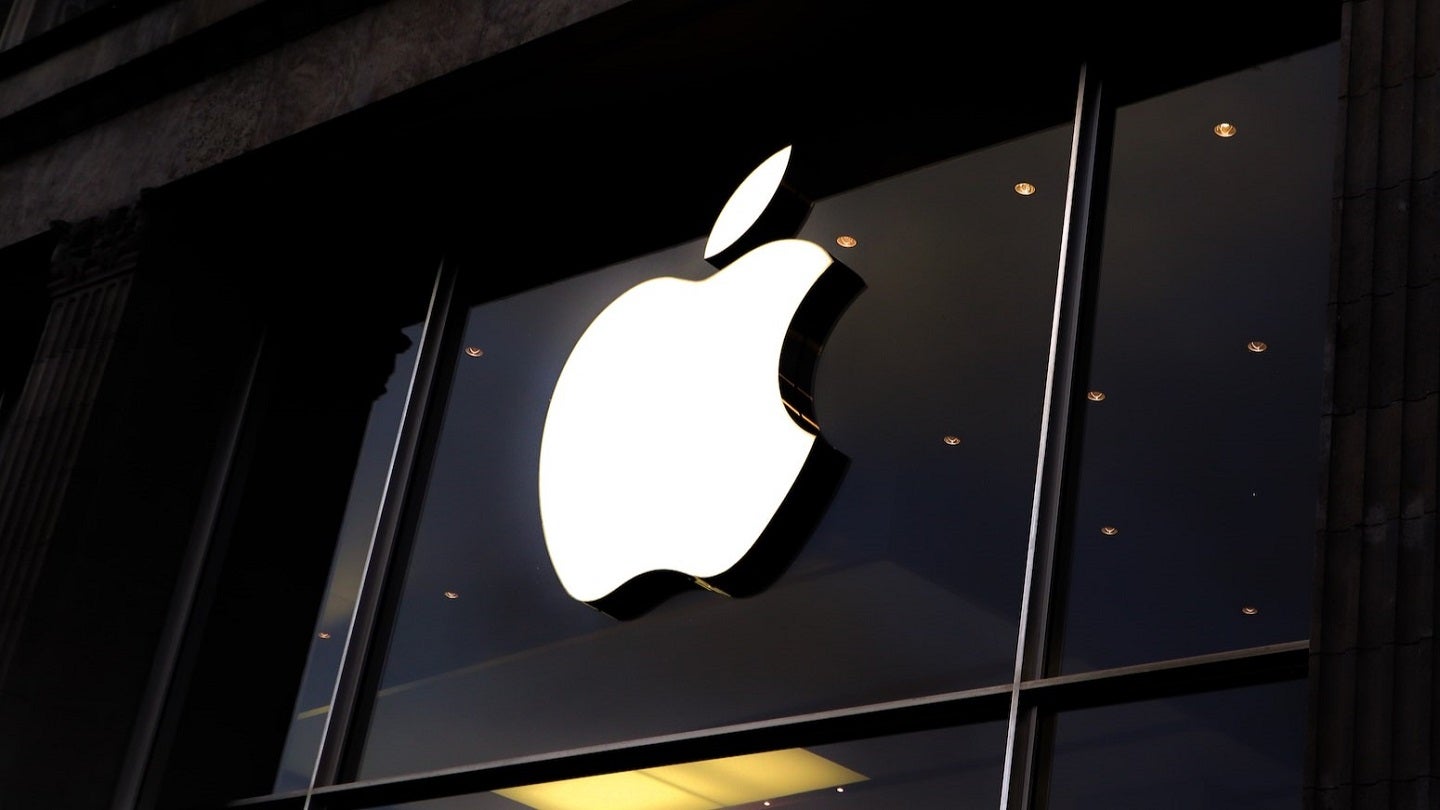
This week saw Apple continue its walled garden strategy with the unveiling of Apple Intelligence, a new suite of integrated AI features sitting within the self-contained Apple ecosystem. The confluence of AI and hardware in an on-device iPhone promises to deliver GenAI to the masses and further establish Apple’s on-brand customer data privacy reputation.
A surge in AI-based services and the increasing amounts of data being fed into online AI tools has raised fresh concerns about how trustworthy the data privacy policies are for many companies, according to Nick Pike, UK vice-president at data integration platform SnapLogic.

Access deeper industry intelligence
Experience unmatched clarity with a single platform that combines unique data, AI, and human expertise.
“We find organisations that take the time to put data privacy at the forefront of their service offerings, and more importantly, follow through with their promises, have a significant competitive advantage in how they roll out AI-enabled services to their customer base,” said Pike.
Apple’s closed system helps it enable privacy better than its rivals, according to GlobalData senior analyst Anisha Bhatia. “It allows Apple greater control over the user experience. By controlling the hardware, software and services within its ecosystem, Apple can ensure a high degree of quality and integration that is not accessible to its rivals, which use silicon and software from different vendors,” said Bhatia.
Is consumer trust Apple’s secret weapon?
Apple is seen to be somewhat late to market with its AI features among a host of equally well-funded Big Tech peers. However, on-device AI may enable Apple to capitalise on its reputation for data privacy and consumer trust, which is increasingly becoming a marketing advantage.
The Thales 2024 Digital Trust Index found that four in five (87%) consumers surveyed globally expect some level of privacy rights from the companies they interact with online. The biggest expectation is the right to be informed that their personal data is being collected (55%).

US Tariffs are shifting - will you react or anticipate?
Don’t let policy changes catch you off guard. Stay proactive with real-time data and expert analysis.
By GlobalDataAccording to Bhatia, Apple is the only GenAI Big Tech provider offering consumers an opt-in choice when sending queries to a cloud-based AI model. This gives Apple a unique advantage on AI privacy.
“Most consumers do not understand how AI works and when it works on the device versus cloud. Apple has made it simpler for consumers to understand what is happening with their AI request, which is a smart move differentiating itself from the tech-spec nature of AI so far,” said Bhatia.
In addition, Apple plans to add an extra layer of security on its Private Cloud Compute feature by allowing its servers to be audited and certified by independent third-party experts. Apple has not yet disclosed who these third-parties are.
According to Jeremy Bradley-Silverio Donato, COO of open source cryptography company Zama, providers of devices and technology that prominently feature data privacy assurances are very likely to emerge with a key advantage against competitors in terms of sales.
However, “to effectively market these privacy features, they should be highlighted as key selling points that consumers can easily appreciate, even without in-depth technical knowledge”, said Donato.
Apple Intelligence primarily uses AI on-device. This is a key differentiator from most other GenAI providers, including Google, which is heavily cloud-based for AI features. However, not all GenAI queries can be done on-device because large language model (LLM) development is moving so rapidly that iPhone hardware will not suffice in handling the amount of computing power required.
In fact, any hardware will be hard pressed to catch up with the computing power required for LLM development, particularly in the short term. “On-device AI can only do a few things currently. For others, cloud compute will be required – and Apple’s on-device functionality isn’t here yet. It will be trickling into some Apple devices, that too in beta mode (which is Apple being cautious about AI) starting fall of 2024,” said Bhatia.
Trust in data privacy is increasingly becoming a competitive advantage for the entire tech market, according to Gaël Duval, founder and CEO of privacy-focused tech start-up Murena. “Let’s remember that Mark Zuckerberg once said that ‘no privacy’ was the new norm in tech, which he has since backtracked on saying that user privacy is taken very seriously at Facebook,” which Duval said demonstrates market pressure from customers.
However, according to Duval, Apple’s marketing around data privacy remains mostly marketing. “In this regard, Google is known for having a poor track record, as 80% of its revenue consists of advertisement income, which today heavily involves user data,” said Duval.
“But people forget that Apple also collects data about their users at a large scale. In fact, Apple uses your data all the time to improve their own products but also to provide targeted advertisements to you within their own products, for example, the app store,” he said.







